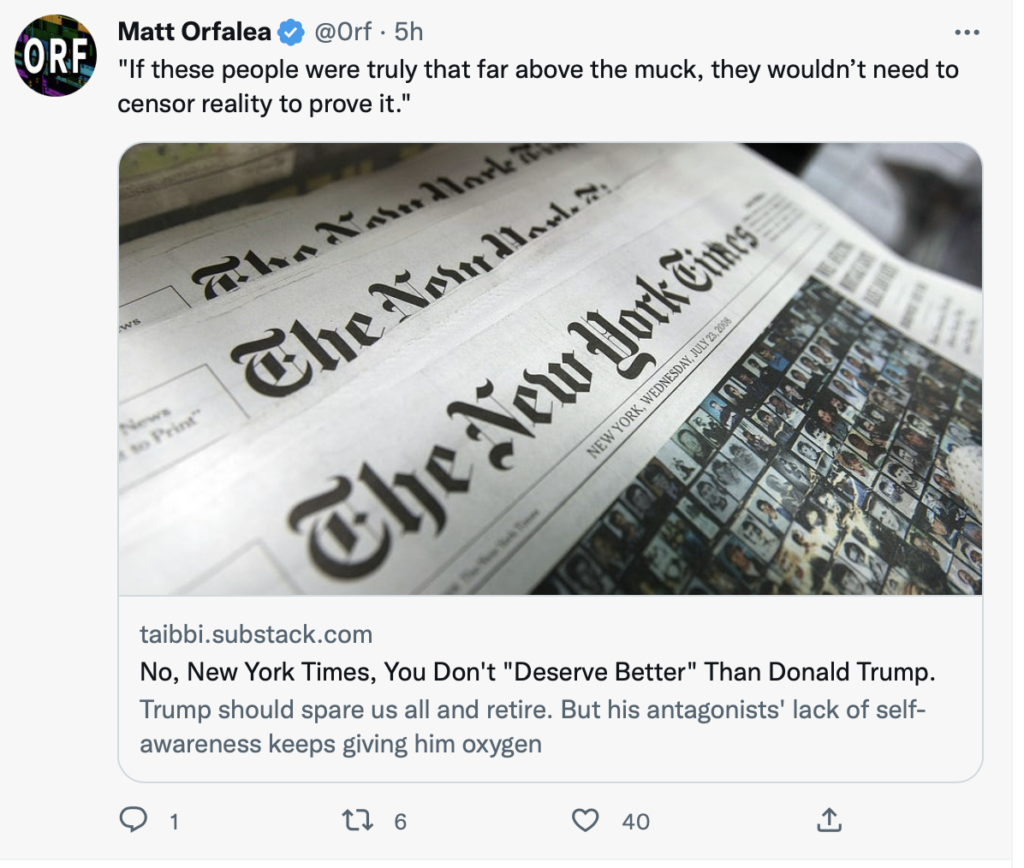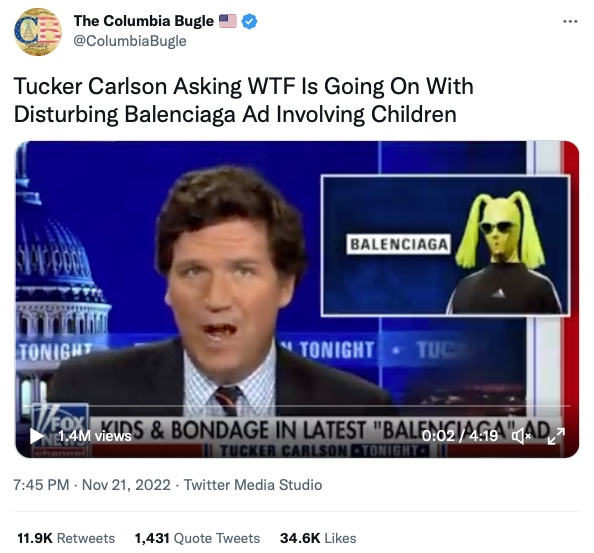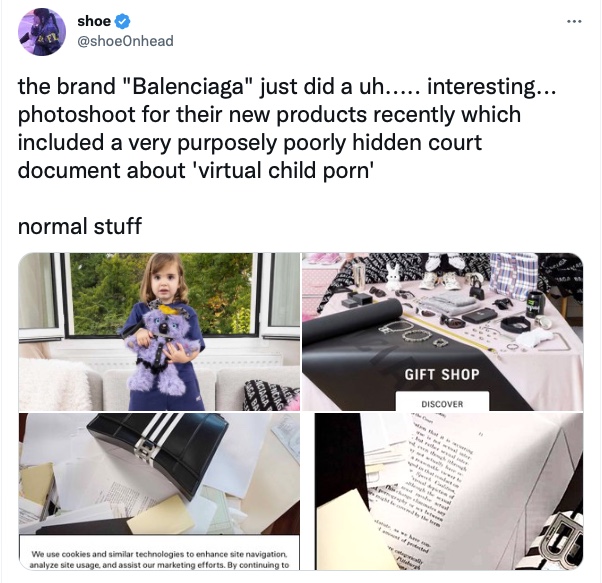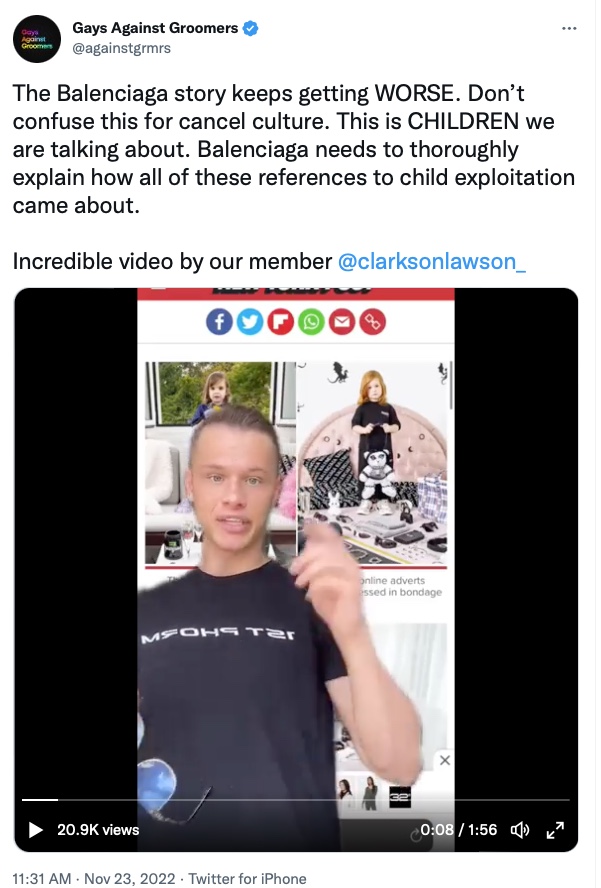
Taibbi, in his latest article: "No, New York Times, You Don't "Deserve Better" Than Donald Trump. Trump should spare us all and retire. But his antagonists' lack of self-awareness keeps giving him oxygen."
If these people were truly that far above the muck, they wouldn’t need to censor reality to prove it. Same with the Times. They penned that editorial pretending they hadn’t been outed years ago for building their whole newsroom around a phony Russia story. Slate published a transcript of a Times “town hall” in which Times editor Dean Baquet talked about his paper being caught “a tiny bit flat-footed” by the conclusion of the Mueller probe, because “our readers who want Donald Trump to go away suddenly thought, ‘Holy shit, Bob Mueller is not going to do it.’”
By “a tiny bit flat-footed” Baquet meant his paper was unprepared for Mueller to come up empty because it had ceased to be a news organization willing to embrace guilt, innocence, or whatever the hell the truth was, and instead became a political operation agitating on behalf of “our readers who want Donald Trump to go away.” It openly rooted for one particular outcome and ignored the other possibility, causing the paper to publish one mistaken or clearly biased story after the other.
These ranged from the infamous “Repeated Contacts With Russian Intelligence” story to the transparent government PR headline, “F.B.I. Used Informant to Investigate Russia Ties to Campaign, Not to Spy, as Trump Claims” to stories proclaiming the “Nunes memo” about FBI malfeasance to be a mere partisan effort at “defending President Trump from Mr. Mueller’s investigation.” As later revealed in the report of Inspector General Michael Horowitz, the Nunes memo was correct in virtually all its parts. Yet the Times didn’t investigate that story or dozens of others properly, because it was and is now a political organ, not a newspaper.




